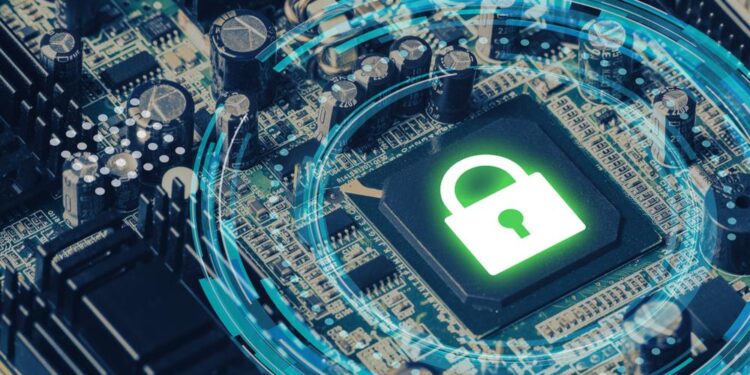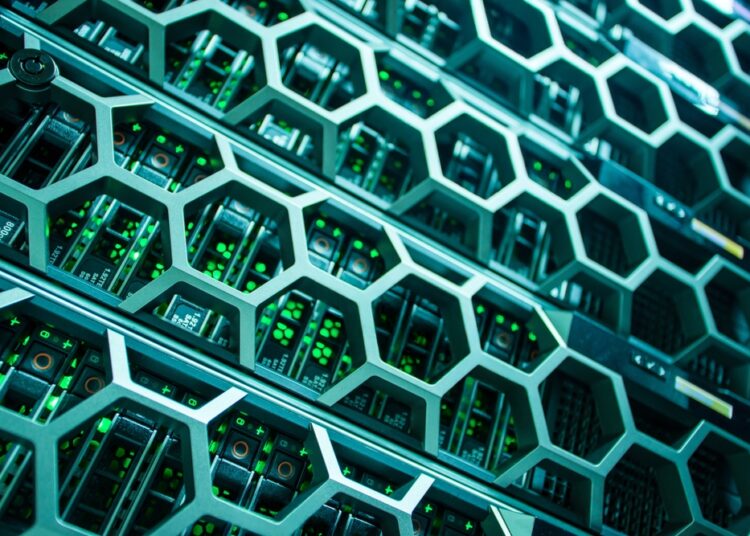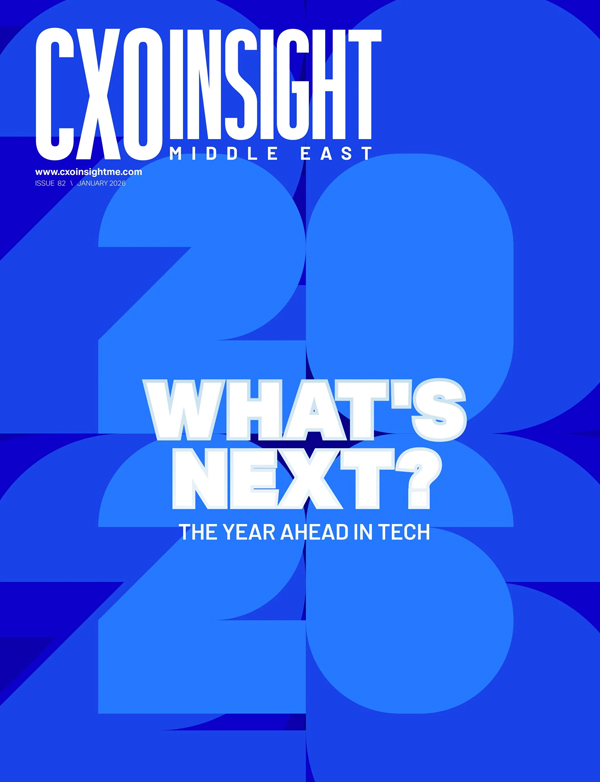Late one night a couple of years ago, safety systems shut down unexpectedly at a large factory in Saudi Arabia. It was later revealed that harmful code was added to disable the safety controls. In another incident, a UAE-based organisation fell victim to a virus that erased data from tens of thousands of devices. These incidents show that hackers now target not just emails and servers but also the smart devices that run factories, hospitals, and more. Both these attacks originated from a common source, an unsecured IoT (Internet of Things) device.
But similar attacks aren’t limited to IoT devices. Any device connected to the Internet or a network is vulnerable, be it operational technology (OT), internet of medical things (IoMT), industrial IoT (IIoT), and supervisory control and data acquisition (SCADA). Extended Internet of Things (xIoT) is the blanket term we use to refers to these devices.

The unseen breach: Why xIoT security remains a step behind
Look around any modern enterprise and you’ll find “smart” gadgets everywhere. In every corner, one finds networked cameras, printers, access-control systems, badge readers, digital signage, and advanced building management systems. In a mid-sized financial institution with 2,000 staff members, the digital fabric may extend to as many as 20,000 IoT-enabled endpoints.
Unfortunately, many businesses devote less focus to these devices than to conventional IT assets. While core laptops and servers are shielded with firewalls and antivirus tools, IoT gadgets often run on minimal memory, use default passwords, and go years without firmware updates. They become “orphans” on the network—unpatched, poorly configured, or overlooked in security planning.
Middle East at risk: The growing threat of xIoT attacks
Digital transformation is accelerating across the Middle East, driven by xIoT devices at the heart of progress. According to a study by Charter Global more than 80 percent of business executives say IoT is critical to their operations.This is especially evident in Gulf nations, where strategies like Saudi Vision 2030 and UAE Centennial 2071 prioritise smart infrastructure and Industry 4.0. From oil refineries and power plants to hospitals and transport systems, everything is becoming interconnected.
An oil company may deploy thousands of sensors on pipelines, while hospitals use connected monitors and MRI machines. Cities like Dubai leverage IoT for traffic and lighting systems. Securing these devices is now a matter of national security and public safety.
Across industries, compromised xIoT devices can lead to halted operations or disrupted care. In high-tech environments, each employee may be surrounded by multiple IoT or OT devices. Left unprotected, these systems increase attack surfaces—making their security a core cybersecurity priority.
Government cybersecurity initiatives
Many Middle Eastern governments acknowledge these risks. The UAE formed a National Cybersecurity Council to unify its defences and released a National Policy for IoT Security. Dubai also introduced dedicated security regulations for Industrial Control Systems. Meanwhile, Saudi Arabia’s National Cybersecurity Authority (NCA) has rolled out OT requirements for industrial networks and recently issued IoT Cybersecurity Guidelines. Other countries—Qatar, Oman, Bahrain, Kuwait—are likewise strengthening their national cyber strategies, underlining that xIoT security is vital for both economic stability and public welfare.
Why traditional cybersecurity isn’t enough for xIoT
Conventional cybersecurity tools were designed for laptops and servers, not for specialised devices like door controllers or factory robots. Some industry solutions are now focusing on protocols unique to these devices. Rather than merely identifying vulnerabilities, they proactively secure them—resetting default passwords, deploying firmware updates, and continuously monitoring for suspicious activity.
In many modern enterprises, there can be up to thirteen IoT devices for every single traditional IT device. These come from a wide range of manufacturers—some organisations work with as many as 50 different IoT vendors. That combination of large numbers and multiple suppliers creates a scale and complexity challenge that passive or legacy security tools simply cannot handle. A more advanced approach is required—one providing complete visibility, risk assessment, proactive remediation and patching, and continuous monitoring.
Going beyond “find”
A common cybersecurity mistake is focusing on finding vulnerabilities without fixing them—especially risky in xIoT environments, where unresolved flaws can lead to operational disruptions or exploits. Running a scan that reveals 500 cameras with outdated firmware doesn’t improve safety unless action is taken to patch them.
Studies show over half of enterprise-connected devices still use default passwords like “admin” or “1234,” making them easy targets. Detection is just step one; preventing attacks requires rapid remediation.
Organisations must embed continuous monitoring and large-scale remediation into security workflows—updating firmware, removing unauthorised access, and correcting insecure configurations. Since new vulnerabilities emerge regularly and devices are frequently added or updated, this monitoring must be ongoing.
For instance, attackers have breached companies by exploiting overlooked devices like door controllers, using them as entry points for ransomware. Proper monitoring can catch anomalies—like a door controller scanning a network—and prevent escalation. In the Middle East, xIoT security must be an ongoing cycle: find, fix, and monitor.
The path forward
Staying ahead of these threats will require cooperation among regulators, skilled cybersecurity talent, and effective security measures. The key for Middle Eastern leaders is to turn potential weaknesses into strengths by adopting security strategies that protect devices throughout their lifecycles. By implementing an xIoT-focused approach—one that identifies, addresses, and continuously watches every device—the region can move confidently toward a connected future.
Ensuring that smart innovations remain reliable and secure is vital for long-term digital progress. As threats continue to evolve, remaining vigilant through proactive cybersecurity practices will help protect critical infrastructure and emerging technologies. The future is connected, and with the right approach, it can also be secure.










Discussion about this post